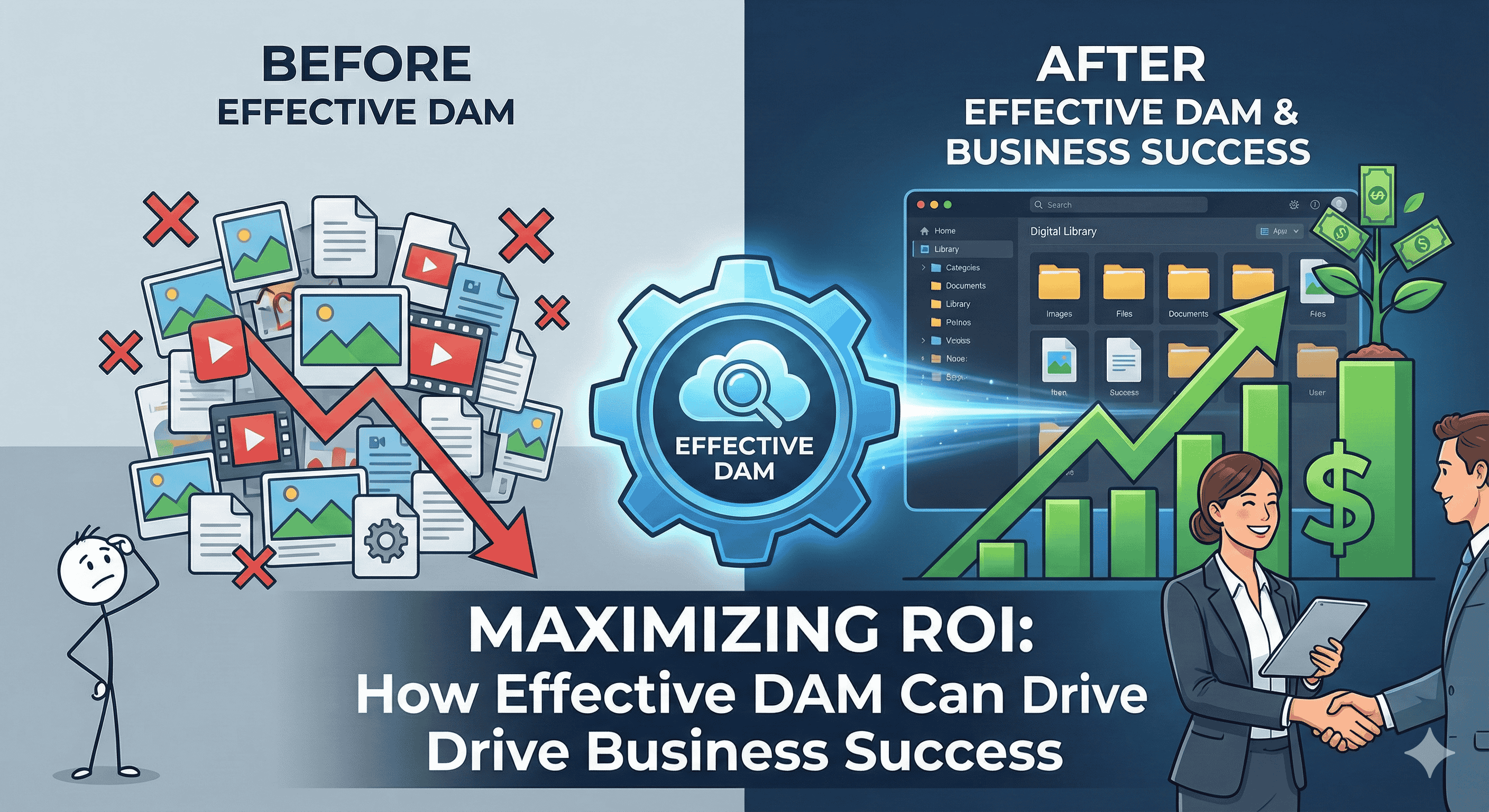In the age of digital marketing, influencer marketing has emerged as a powerful tool for brands seeking to connect with their target audiences. However, with a plethora of influencer marketing platforms available, choosing the right one can be daunting. Here’s a comprehensive guide to help you select the best influencer marketing platform for your brand.
1. Define Your Goals
Before you dive into the selection process, clearly outline your marketing goals. Are you looking to increase brand awareness, drive sales, or promote a new product? Understanding your objectives will help narrow down platforms that align with your needs.
Key Considerations:
- Brand Awareness: Look for platforms with a wide reach.
- Sales Conversion: Choose platforms that offer analytics to track ROI.
- Engagement: Consider those with a strong community and active interaction.
2. Identify Your Target Audience
Your target audience plays a pivotal role in influencer marketing. Research the demographics, interests, and online behaviors of your ideal customers. This will guide you in selecting a platform that features influencers who resonate with your audience.
Tips:
- Use market research tools to analyze your audience.
- Look for platforms that categorize influencers by niche.
3. Evaluate Influencer Diversity
Choosing a platform that offers a range of influencers is crucial. A diverse pool allows you to find influencers who align with your brand’s values and can communicate effectively with your audience.
Factors to Examine:
- Niche Variety: Platforms should cater to different industries.
- Audience Size: Consider both macro and micro-influencers for varied reach.
- Engagement Rate: Look for influencers with high engagement relative to their follower count.
4. Assess User Experience
User experience is integral to the effectiveness of any marketing platform. A platform with an intuitive interface will save you time and resources.
Important Features:
- Easy Navigation: The platform should be user-friendly.
- Search Filters: Available options to filter influencers by audience demographics, engagement, and more.
- Campaign Management Tools: Features for easy tracking and management of campaigns.
5. Analyze Pricing Models
Different platforms offer various pricing models. Understanding the costs associated with each platform, and how they fit into your budget, is key.
Pricing Structures:
- Subscription-Based: Monthly or annual fees for access.
- Commission-Based: A percentage of sales driven through influencer campaigns.
- Pay-Per-Post: Costs associated with each post or campaign.
Best Practices:
- Compare costs against the features provided.
- Consider potential ROI from influencer collaborations.
6. Look for Analytics and Reporting
Effective influencer marketing relies on data to measure success. Choose a platform that provides comprehensive analytics to track metrics like reach, impressions, engagement, and conversion rates.
Desired Analytic Features:
- Dashboard Reports: Real-time insights into campaign performance.
- Attribution Tracking: Understand which influencers drive the most conversions.
- Benchmarking Tools: Compare campaign performance against industry standards.
7. Seek Support and Resources
Having reliable customer support can be invaluable when navigating influencer marketing campaigns. Look for platforms that provide robust resources, including tutorials, case studies, and responsive customer service.
Support Elements to Consider:
- Live Chat or Email Support: Quick access to help when needed.
- Educational Resources: Webinars, articles, and guides on best practices.
- Community Engagement: Forums or groups where users can share experiences.
8. Test and Iterate
Once you’ve selected a platform, conduct a pilot campaign to evaluate its effectiveness. Analyze the results and gather feedback to refine your approach.
Post-Campaign Steps:
- Review analytics thoroughly.
- Collect insights from influencers on their experience.
- Adjust your strategy based on what worked and what didn’t.
Conclusion
Choosing the right influencer marketing platform can significantly impact your campaign’s success. By defining your goals, understanding your audience, and assessing various platforms based on the criteria outlined above, you can make an informed decision. With the right platform, your brand can leverage the power of influencers to achieve remarkable results in today’s competitive market.









